15 Secrets of Perfect Wall Painting That Builders Don't Talk About
Grab valuable tips for wall painting
Every third Russian person starting a renovation chooses paint for wall finishing. It's not surprising: painted walls look modern, are easy to update, and the painting technique seems simple. However, there's a huge difference between "just paint it" and "do it perfectly." Let's explore the secrets of professional wall painting.
Main points from the article:
Wall preparation is more important than painting itself;
The quality of materials directly affects the result;
There are simple ways to avoid drips;
Proper tools save time and effort;
Technique of applying paint is crucial.
Why Preparation Is More Important Than Painting
"90% of success depends on surface preparation," explains a 15-year veteran painter and decorator, Anastasia Verina. Old paint must be completely removed, cracks should be cut and filled. Any defect will show up even more strongly after painting.
How to Choose the Right Materials
Skipping on paint can end up being more expensive. Cheap paint requires more coats, applies unevenly, and fades faster. Choose materials based on the room type and wall load. For kitchens and bathrooms, use moisture-resistant paint; for children's rooms, choose wear-resistant and washable paint.
Why Tools Are the Solution
A high-quality roller with natural bristles ensures even application and a beautiful texture. For corners and edges, use special brushes with synthetic bristles — they don't leave streaks or water marks.
How to Achieve a Perfectly Even Color
Mix all paint in one container — even paint of the same shade from different cans can differ slightly. Add colorant to the primer — this ensures even coverage. Apply paint in natural light to see all imperfections.
15 Key Secrets of Perfect Wall Painting
Start preparation by fully removing old finishing
Prime walls twice with a 12-hour interval
Dilute paint for the first coat
Paint in natural light
Add colorant to primer for even coverage
Filter paint before use
Choose roller based on paint type and wall texture
Apply paint in a "W" pattern for evenness
Use special painter's tape for corners
Start painting from the top-left corner
Don't skimp on brushes for corner painting
Remove painter's tape before the paint fully dries
Store leftover paint in airtight containers
Maintain constant room temperature
Protect freshly painted walls from drafts
Why Proper Technique Is Important
Start from the top-left corner and move right in small sections. Apply paint in a "W" pattern, then blend with vertical strokes. This prevents streaks and ensures even coverage.
How to Avoid Drips
Don't over-saturate the roller with paint. At least 4 hours should pass between coats. Remove painter's tape before the paint is fully dry — this ensures clean lines. Avoid drafts during drying.
Why Microclimate Matters
The optimal temperature for painting is 18-22 degrees Celsius. High humidity increases drying time. Close windows and doors, turn off ventilation during work. After painting, maintain constant temperature for at least a day.
How to Make the Result Last
Keep some paint for touch-ups. Store it in airtight containers, labeled with color and date. After full drying (minimum 48 hours), start cleaning only dry. Wet cleaning can be done after 2-3 weeks.
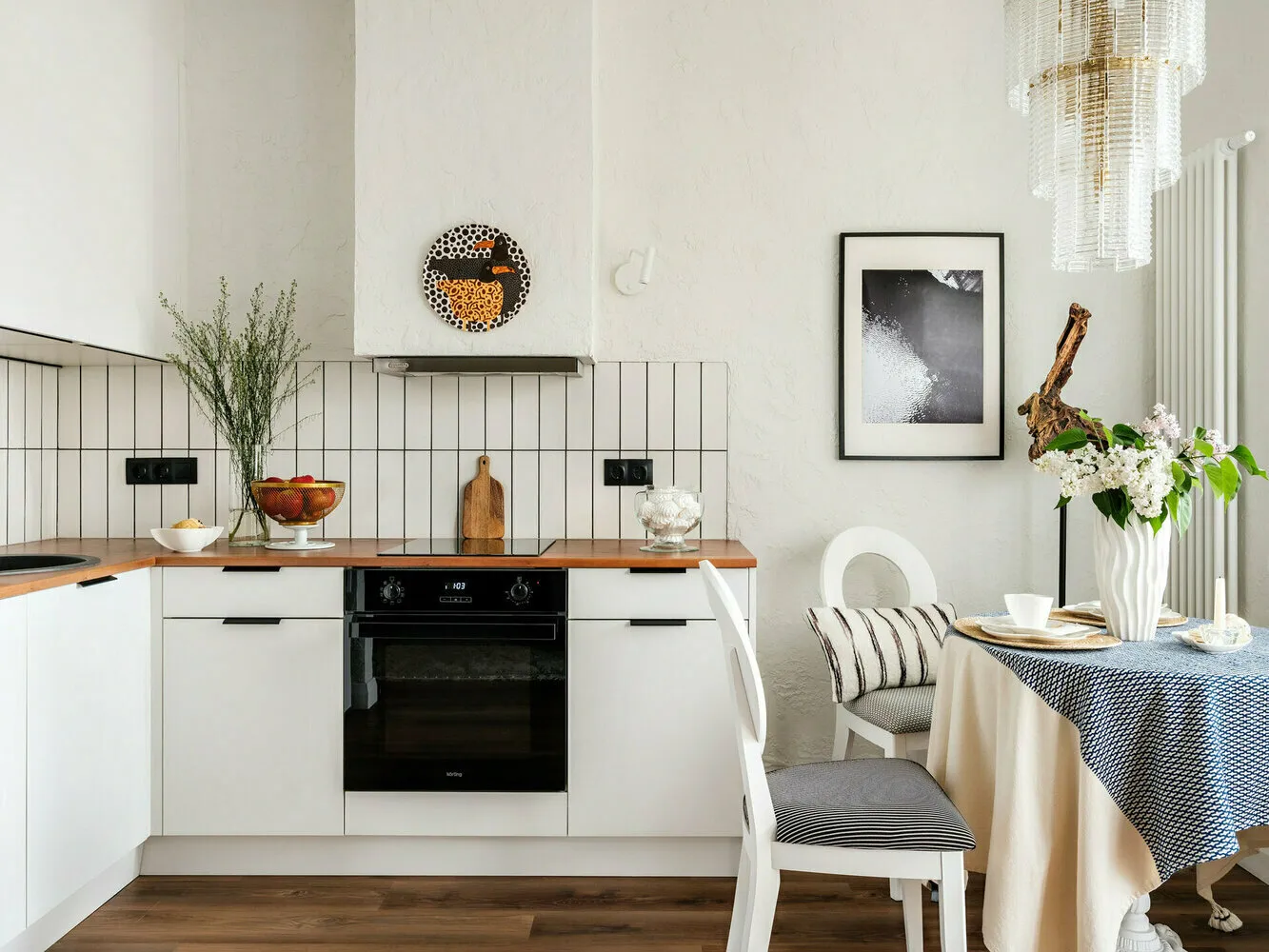
Design: Natalia Kalentieva
Things to Remember
Perfect wall painting is the result of thorough preparation, proper materials, and correct application technique. Don't try to save time on prep work — that's the key to long-lasting and beautiful results. And remember: it's better to spend more time preparing than redoing the entire job.
Cover: Design project by Anastasia Zarqua
More articles:
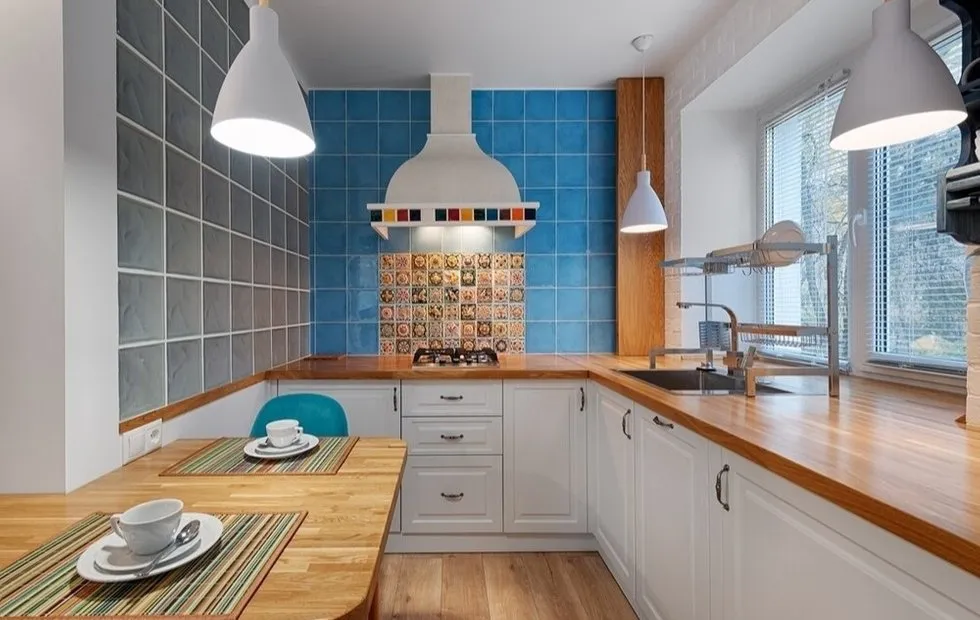 Typical Apartment, Non-Typical Approach: How to Make a Khruzhchevka Cozy
Typical Apartment, Non-Typical Approach: How to Make a Khruzhchevka Cozy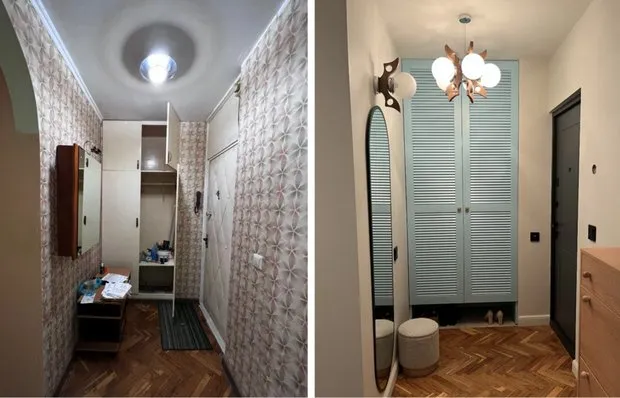 Before and After: How They Transformed a Small Hall in a Panel House
Before and After: How They Transformed a Small Hall in a Panel House Cafeteria Nostalgia: Why We Miss Soviet Meatballs with Macaroni
Cafeteria Nostalgia: Why We Miss Soviet Meatballs with Macaroni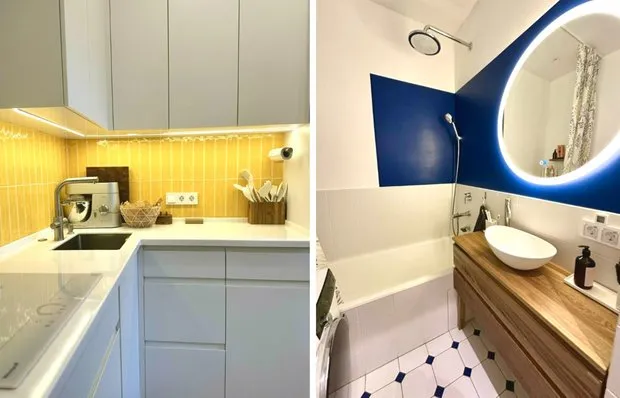 2-room apartment 51 m² with lots of storage and bold color schemes
2-room apartment 51 m² with lots of storage and bold color schemes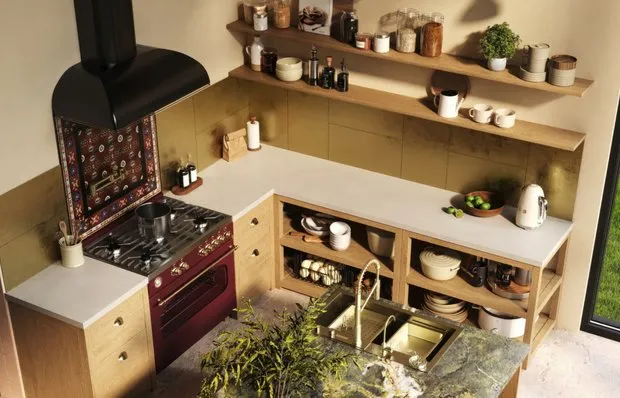 Atmospheric Kitchen in a Country House for a Food Blogger
Atmospheric Kitchen in a Country House for a Food Blogger Budget Decor DIY: What You Can Make from Things You Already Have at Home
Budget Decor DIY: What You Can Make from Things You Already Have at Home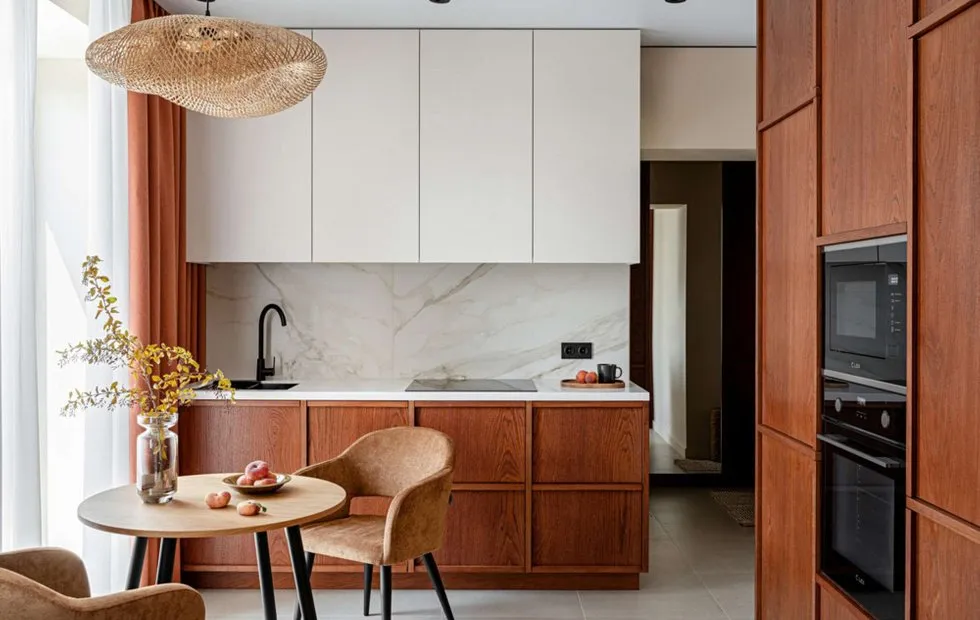 Why Renovations Always Cost More Than Planned: Real Reasons and How to Save
Why Renovations Always Cost More Than Planned: Real Reasons and How to Save New Year Toys That You'll Want to Pass Down as Heirlooms: 10 Finds
New Year Toys That You'll Want to Pass Down as Heirlooms: 10 Finds